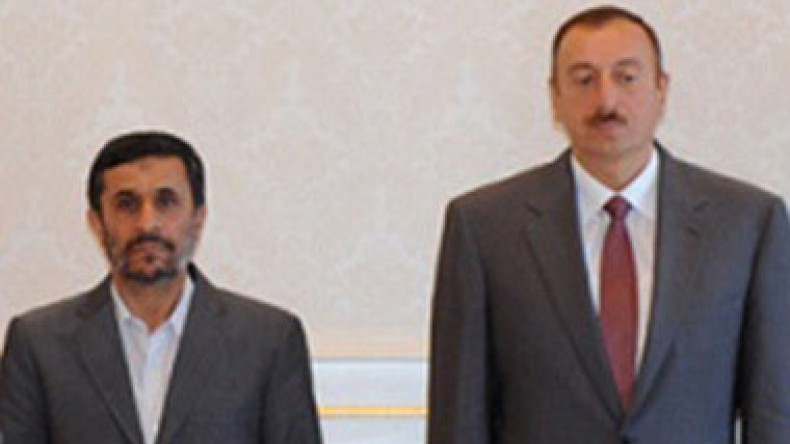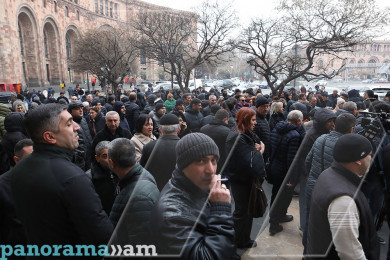
Caspian Research Institute: Azerbaijan and Iran are engaged in something of a ‘cold war’
Azerbaijan and Iran have been engaged in something of a ‘cold war’ for some time, although the roots of the tense relationship date back to the fall of the Soviet Union, the article published in London based scientific research center Caspian Research Institute site reads.
“Iran is wary of Azerbaijan because of its close ties to Israel and the West more generally, and for what Iran claims is secessionism among its ethnic Azeri minority in the northwest,” the authors write.
Azerbaijan, on the other hand, points to Iran’s support for Armenia during the Nagorno-Karabakh War, its promotion of hardline Shia Islam in Azerbaijan, and its covert support of terrorist cells which have attempted to carry out attacks in Azerbaijan. Iranian attempts to claim a large share of the Caspian Sea and its oil and gas riches have also provoked tensions over the past decade, particularly as exploration works have increased.
“Tensions had decreased in recent months after a fairly fraught 2012. But they increased recently as both sides began to trade accusations about history and sovereignty,” the article says.
The article reads that the dispute started when a small conference was held in Baku by a little-known group called the ‘National Liberation Front of Southern Azerbaijan’. The meeting discussed the perennial, and fringe, subject of independence for Iranian Azerbaijan. “Reportedly some of the participants claimed that they were ready to take over the Azeri-populated provinces of Iran if the government in Tehran “collapsed” the article notes.
Accroding to CRI ahead the presidential elections Iranian government is concerned that political aspirations among the country’s Azeri minority could become a threat to stability.
“A visit by Azerbaijan’s Foreign Minister Elmar Mammadyarov to Israel on 21-23 April – the first such trip by an Azerbaijani foreign minister – is likely to increase Iran’s hostility. Baku, which is also suspicious about Iran’s intentions and its relationship with Armenia, is likely to be watching closely for any Iranian reactions.
Newsfeed
Videos






























